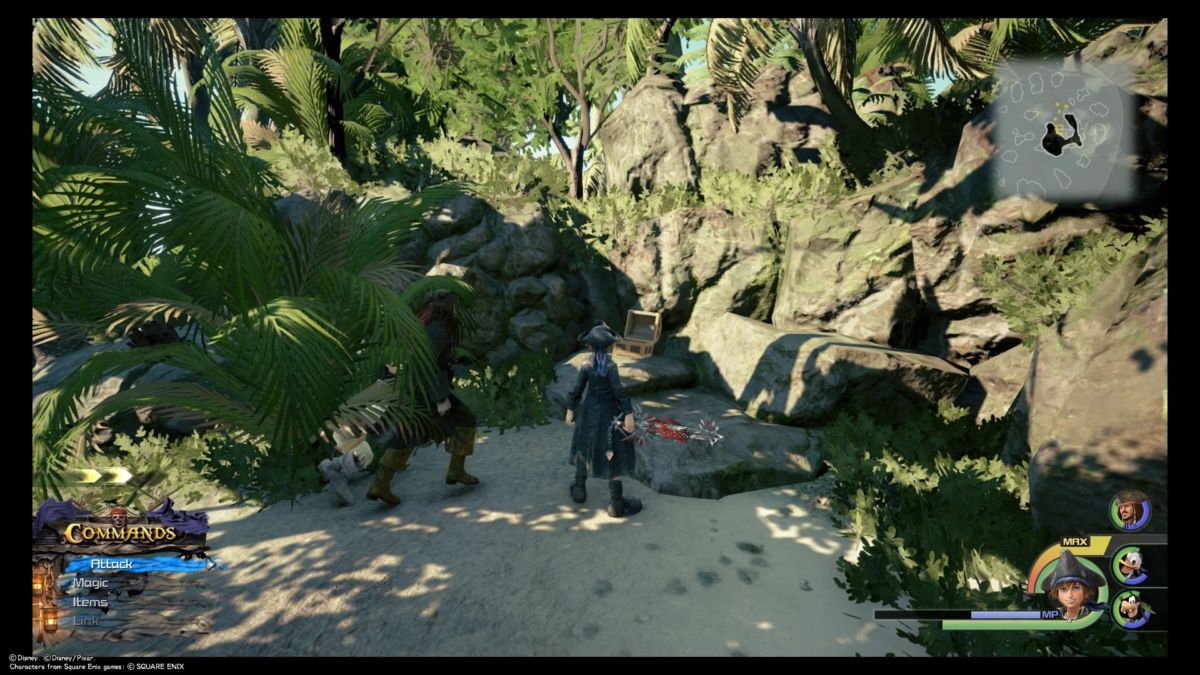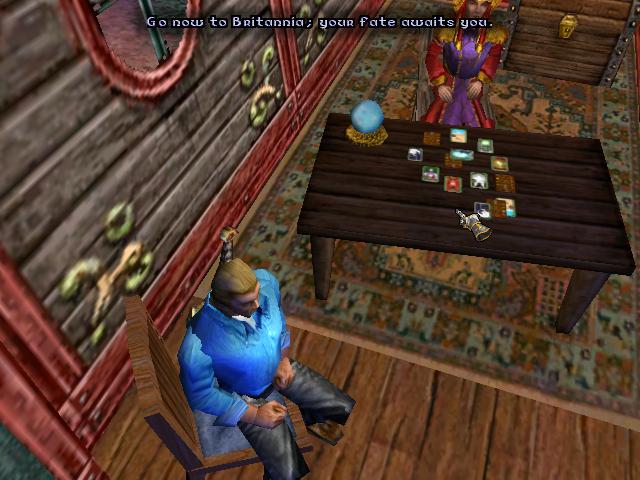
Exodus is also the name of the game's principal antagonist.

Due to being an open world game, you can complete your quests in any order you like.Ultima III: Exodus is the third game in the Ultima series.Some actions can only be performed at certain times of the day. A time aspect that affects what goes on in the world.You can even ask some to join you on your quest. Some might not know about a subject, but all of them have something to say about themselves or a location. Each character will say something different and all have their own names. In the game, the players will type in a key word or words when talking to NPCs to ask them about that subject. For example, in the case of Valor, you will gain it by fighting evil characters and lose it by fleeing cowardly. It would also affect the stats of your virtues. In Ultima IV, you had a morality system where your actions would have a significant impact on the world. Sometimes, it was needed to progress the story. In past games, such as other Ultima games, you had no consequences from stealing from people or murdering innocents. It was the first game that has ethical features in it.While the stat systems are simplified to just Strength, Intelligence, and Dexterity, it is still a somewhat deep stat system that affects all assets of your character, such as Dexterity affecting how well you evade enemy attacks.While all characters are restricted from some weapons and armor in some way, there is enough variety for everyone to use. Large variety of weapons and armor for characters to use.It will also decide where you start the game. Each virtue will determine what character class you will get. What character you would be given was based on questions that are asked to the player to see which virtue matched them the most.Each character type has their own different skills and items they can use, such as being able to sing songs as a bard or having access to most weapons as a fighter. Eight different character classes, each representing one of the eight virtues.It focused on the main character's self-improvement rather than that character trying to save the world. Unlike other role-playing games of the time, where the plot was about heroes facing off against an evil, Ultima IV's story was more of a personal one.You have complete freedom on how you would beat the game and could go to many places at the beginning. Along with Wasteland and Starflight, it was credited as one of the first open world games ever created.Unlike Ultima III is that the game is open-world, so they players can do many things right from the beginning. Combat is also similar, as players battle monsters on a grid and type in commands to do actions in the battles. Players talk to NPCs by typing in a key word or words and they will answer, although they don't know everything. However, the world is much larger (the back of the box claims it's 16 times larger than that game). Outside of the main mechanics, gameplay is similar to Ultima III.

Some of your actions may be minor, but some can drastically affect your progress. To affect your embodiment in the virtues, interactions between NPCs, monsters, and the world will affect your virtue either positively or negatively. They are Honesty, Compassion, Valor, Justice, Sacrifice, Honor, Spirituality, and Humility. The goal of the game is to become an embodiment of all of the eight virtues. Each of the classes represent one of the eight virtues. In the beginning of the game, the player's stats and class are determined by answering eight questions that represent moral dilemmas.


 0 kommentar(er)
0 kommentar(er)
